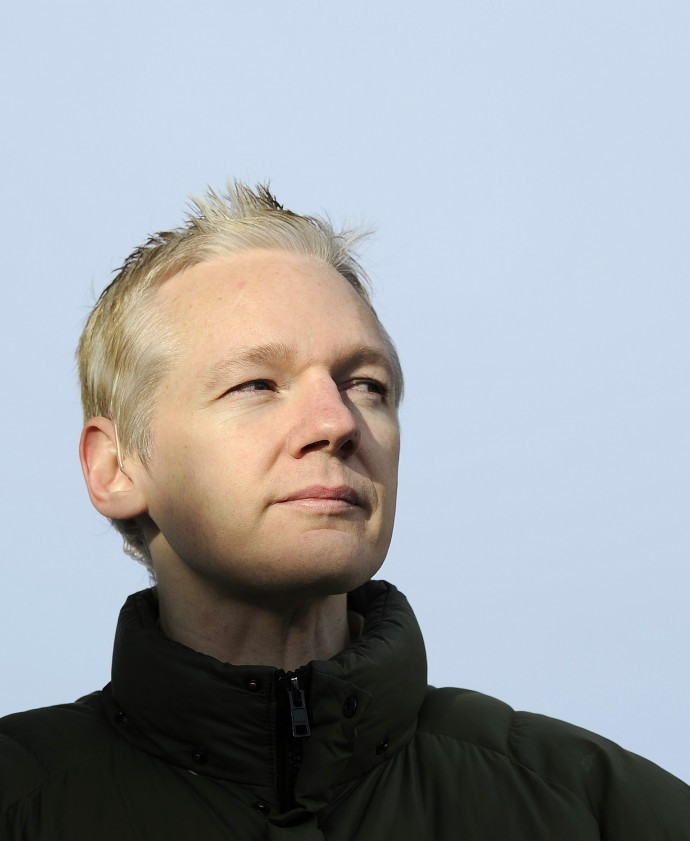Julian Assange: Wikileaks Suspends Publishing Amid Payment Ban

Wikileaks has stopped publication due to running low on funds, following what it calls an illegal banking blockade placed on the site by Visa, Mastercard and PayPal.
Founder of the whistleblowing website, Julian Assange, said at the Frontline Club, London, today that WIkileaks has seen a dramatic decrease in funding via donations since the blockade was introduced in November 2010.
Assange claims that the block on bank transfers to Wikileaks has destroyed 95 per cent of the site's revenue, and that if the blockade remained into the new year then the site would not be able to continue.
The site claims that the blockade is "completely outrageous" and added that "it is not an attack on Wikileaks itself, it is an attack on free speech. Corrupt financial powers can take it upon themselves in an attempt to destroy an organisation without any legal justification."
Wikileaks believes that it was "denied the rightful opportunity to grow," and it could not expand in the way it should have.
Funding to the site last year ran as high as €100,000 a month, but now that figure has dropped to between €6,000 and €7,000 a month.
Wikileaks claims that it will run out of money before the new year if the banks do not lift their ban on donations being given to the site. The site says that its "first point of counter attack" is to complain to the European commission.
It is hoped by Wikileaks that a complaint to the commission will result in a formal investigation and injunction against the blockade next month.
Over the past ten months, Wikileaks has survived on the money raised by previous donations, but now funds are running low, the focus has been shifted from publishing content to fighting legal battles.
The site claims that the blockade compromises "the rights of all of us to knowledge and freedom on information, the rights of Wikileaks," as well as the rights of the donors and the right to politically affiliate with an organisation.
"Telephone and postal companies do not have the right to refuse service. Banking is an essential service in the 21<sup>st century, no one can act in a significant manner without the banking industry," the site said in a statement.
Savings have been spent in forming alliances with almost 500 media publications in 50 countries, which the site admits "has taken a lot of our resources".
Wikileaks is calling the blockade a "blatant violation of EU treaty" and accepts that it must be faith in Brussels to take direct action against the banking companies involved.
The site estimates that $3.5 million will be required to stay online for a further 12 months, and that it has missed out on between $40m and $50m in donations over the last ten months while the blockade has been in place.
From Monday, Wikileaks has begun accepting payments via SMS text messages, and in a statement the site said that donations can still be made via cash and cheques, and it was keen to point out that over 50,000 people have already donated and the average donation is $25.
"We're not putting all our eggs in the judicial basket. Opening today we have more creative ways for donors to transmit money to Wikileaks, including SMS payments in a number of countries, plus bank-to-bank transfers are still possible in most countries."
© Copyright IBTimes 2025. All rights reserved.



















